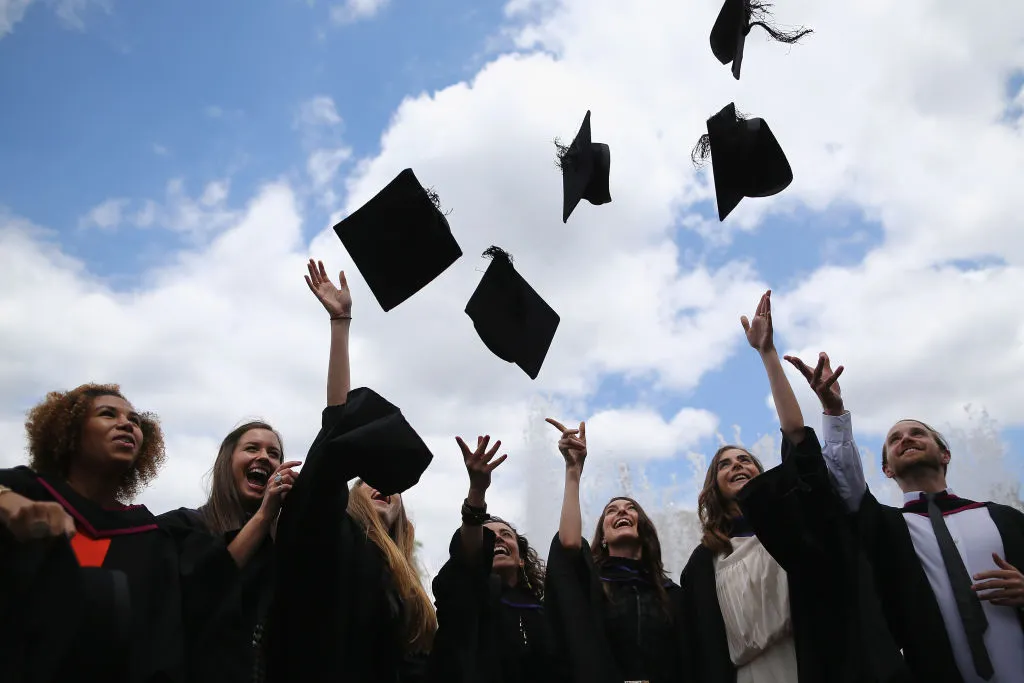Another school year has begun. It’s another year that I’m grateful to have left public education.
From the outside, it doesn’t make much sense for me to have left. I had a good reputation in my district among staff, students, and administration. The pay at public schools is markedly better. And being a private school teacher makes you something of an outcast among teacher colleagues — never quite “one of us.”
I did not leave because of the standard accusation — that I couldn’t “handle it.” In many ways, my private school jobs have been far more difficult than my public school one. Working in a small Catholic school, I had to teach literature and grammar to three different grades, meaning six or seven classes in a day, which was astronomically more prep work than being solely the freshman English teacher. Since then, I’ve moved to an urban private school in the most crime-ridden zip code in my state, a far more challenging position than anything I’d faced before.
No, I finally left because of Covid. My public school closed and had no intention of following the science to open. So I sought out a school that wanted to serve students and do the right thing even when it was controversial. But that was only the final instigator. Countless other factors led to my decision.
My frustration began with the politics. The media accuses conservatives of politicizing education. Quite the contrary, they only notice what is there. I first encountered critical race theory in graduate school for education in 2016. Professional developments blather on about equity, social justice, and other progressive buzzwords unaware of how politically charged and controversial these supposed ideals are. Everyone obsessed over immutable characteristics. Teachers showed an obvious bias towards progressivism and the Democratic Party.
But I grew used to instructional coaches and administrators who lacked any self-awareness of their political biases. I can’t blame the fish for not seeing the water.
It’s when public education began adopting detrimental policies that I couldn’t continue to lend my support and time to a broken system. Across the board, they are removing punitive discipline from their school structure. Suspension rates have halved in some districts and others have outright banned suspensions. Unsurprisingly, without boundaries and consequences, schools are descending into chaos. At my formerly well-regarded public school, we had about weekly fights.
And while the violence makes the news, the real detrimental effect is the constant low-level disruption. I can break up a fight and move on. But it’s the incessant disrespect and low-level chaos, the swearing in the hallway, the subtle bullying, the trash on the floor, the disregard for basic classroom rules, that leave teachers unable to teach — it’s these factors that grind you down like sandpaper on wood, that leave the well-behaving students fed up as well. So I quit.
On the curricular side, schools are dropping all preset learning standards and handing over control to students. No longer does a teacher expose his students to great works of literature and help them to fall in love with Gatsby or Romeo. Now, entertainment value and superficial student interest guide the classroom content. Vulgar young adult fiction and zealous political interest have replaced robust history and beautiful literature.
Anytime these so-called “student centered,” painfully individualistic approaches to education have been tried, they are found lacking. Structured environments with the teacher as an expert and authority always result in the most learning for the most students. Schools moved away from this tried-and-true method, and so I quit.
Now, I work at a private Christian school in the center of Milwaukee. My students read great literature and study history with much rigor. The academic and behavioral expectations are exacting, but my students prove time again that they are capable of meeting them — if only the adults in the building have the backbone to enforce them.
Public education is in shambles. Teachers are leaving, students are leaving, and the system is set to crumble — weighed down by its own broken policies, overspending, and calcified bureaucracy. Meanwhile, the charter, private, home, and micro-school sectors are booming.
We are on the cusp of a new era in American education. The common school movement in America 150 years ago shifted the standard of education from a handful of aristocratic elites with tutors to a modern public system, funded and run by the government. This structure served a purpose for a time, but there looks to be a Cambrian explosion of educational models now. The choice movement could initiate a historical remaking of education on par with the common school movement before.
And so I quit the old system to join something better.























